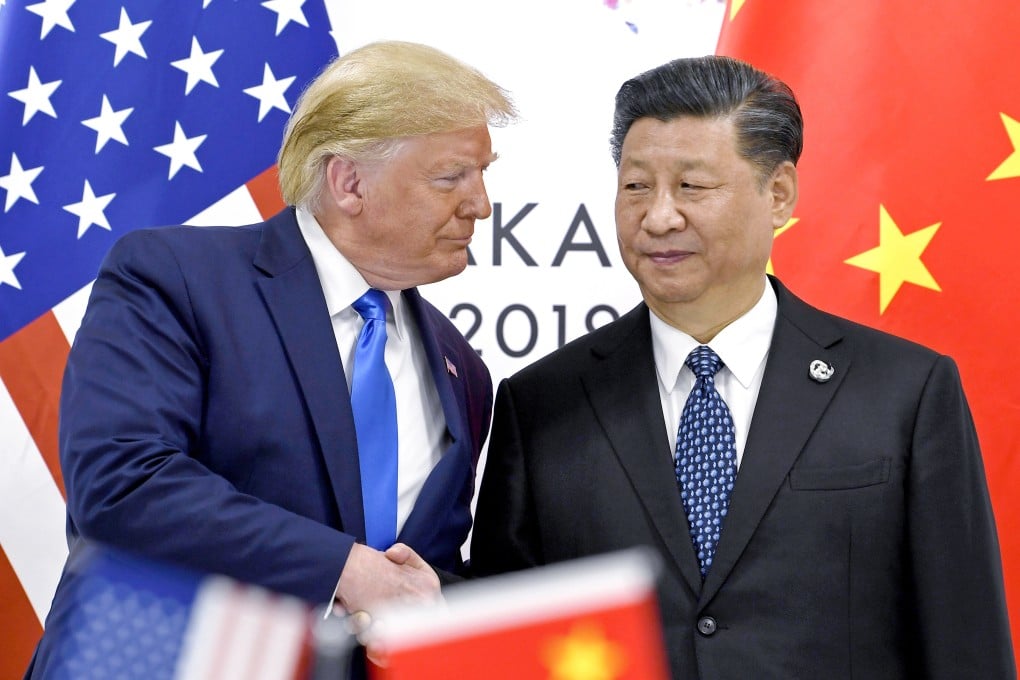U.S. President Donald Trump, who built much of his global reputation on high-profile summits and hard-edged dealmaking, is once again in the spotlight amid speculation of a possible visit to China aimed at easing long-running trade tensions.
Trump’s diplomatic record has been unconventional, often bypassing traditional channels in favor of headline-making encounters. From his direct talks with North Korea’s Kim Jong-un to his clashes with NATO allies, Trump cultivated the persona of a businessman-president who negotiates through pressure and spectacle rather than quiet diplomacy.
At the heart of his legacy stands the U.S.–China trade war, launched in 2018 under his administration. The conflict saw Washington slap tariffs on billions of dollars’ worth of Chinese imports, citing unfair trade practices and intellectual property violations. Beijing retaliated in kind, triggering a global economic shock that disrupted supply chains and raised consumer prices worldwide.
Now, reports suggest Trump could return to Beijing in an attempt to break the deadlock. While no date has been confirmed, such a visit would carry significant symbolic weight. For Trump, it would be an opportunity to position himself once again as a dealmaker capable of delivering what past administrations could not. For China, it would test whether Washington is willing to move beyond confrontation toward what Beijing calls “mutual respect and win–win cooperation.”
Analysts see three possible scenarios if the trip materializes: a breakthrough deal reducing tariffs and opening markets; a temporary truce that halts further escalation but leaves disputes unresolved; or a failed round of talks that deepens mistrust.
Whatever the outcome, the mere prospect of Trump walking the halls of Beijing underscores how central the U.S.–China relationship remains—not just to the two powers, but to the stability of the global economy.






